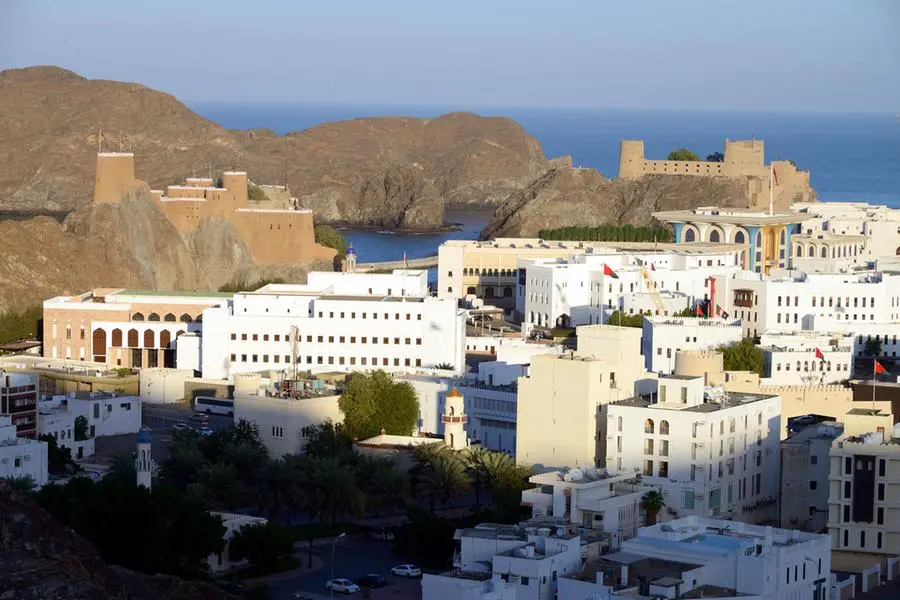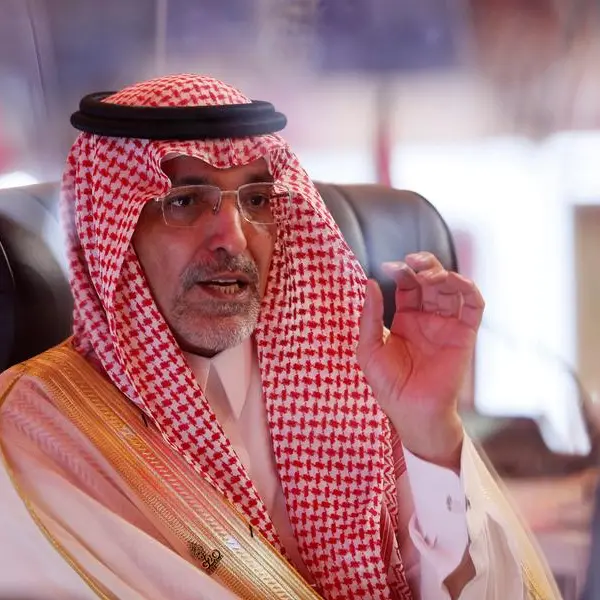PHOTO
When His Majesty Sultan Haitham bin Tarik amended Oman’s Basic Law in 2021, he introduced a fundamental shift in the country’s economic philosophy — the adoption of a social market economy. This model, which seeks to balance free-market efficiency with social welfare protections, represents a strategic vision for Oman’s economic future. It is a prerequisite for the socio-economic transformation to be brought about by Oman Vision 2040. It acknowledges the realities of globalisation while ensuring that economic prosperity is shared equitably across society.
The social market economy, first pioneered in post-war Germany, is neither a pure free-market system nor a state-controlled economy. Instead, it encourages private sector dynamism, competition and innovation, ensuring that businesses operate in an open and efficient market while protecting social welfare by guaranteeing essential services such as education, healthcare, employment security and equitable wealth distribution. Government intervention is limited but applied where necessary to prevent monopolies, regulate critical industries and uphold fairness. By adopting this model, Oman is signalling a transformation — one that fosters entrepreneurship, investment and economic diversification while ensuring that national wealth benefits all Omanis, not just a privileged few.
Oman’s commitment to Oman Vision 2040 outlines a post-oil economy built on sustainability, private-sector growth and human capital development. The introduction of the social market economy philosophy is a strategic response to Oman’s economic realities. With oil dependency posing long-term risks, the country must prioritise economic diversification in sectors such as technology, logistics, manufacturing and tourism while ensuring that the wealth generated is reinvested into society. Historically, the public sector has dominated Oman’s economy, but transitioning to a social market system will place greater emphasis on entrepreneurship, small and medium-sized enterprises (SMEs) and foreign investment — key drivers of sustainable growth.
The economic transition also acknowledges the need for strong social protections. Recent reforms, including the removal of subsidies and the introduction of taxes, have created short-term challenges for citizens. A social market economy ensures that these reforms are accompanied by protections such as unemployment benefits, pensions and fair labour policies. This balance ensures that economic liberalisation does not come at the cost of social stability. Furthermore, Oman must enhance its global competitiveness while ensuring that Omani talent and businesses are given the tools to succeed. The model ensures that competition is fair, monopolies are regulated and policies encourage innovation.
Several countries provide valuable lessons on implementing a successful social market economy. Germany, the pioneer of the social market economy, demonstrates the importance of strong institutions that regulate markets without excessive intervention, worker protections that maintain economic productivity and a world-class vocational training system that ensures a highly skilled workforce. Singapore, a nation known for its market-driven economy, ensures social security through strong state policies, public housing schemes that promote homeownership and a business-friendly environment underpinned by financial transparency and corruption control. Meanwhile, the Nordic countries, including Sweden, Norway and Denmark, have successfully combined free-market mechanisms with extensive social protections, ensuring high-quality public services funded by progressive taxation, strong entrepreneurial incentives and a commitment to sustainability — a critical aspect of Oman Vision 2040 and Net-Zero strategy.
For Oman to implement the social market economy successfully, several key priorities must be addressed. A business-friendly environment is crucial, requiring streamlined regulations, strengthened public-private partnerships, and investment in infrastructure, digital transformation, and logistics hubs. Social protections must be enhanced through robust labour policies, unemployment insurance, and pension systems that ensure economic security for all citizens. Hydrocarbon-decoupling efforts must be accelerated, with strategic investments in renewable energy, technology and manufacturing industries to reduce dependency on oil revenues. Additionally, fiscal responsibility must remain a priority, ensuring that economic liberalisation is balanced with strong fiscal policies and efficient public spending.
By adopting the social market economy, Oman is embarking on a bold economic transformation — one that fosters growth, innovation and fairness. This model will empower the private sector, enhance social protections and ensure that economic benefits are equitably distributed. However, success will depend on careful policy implementation, institutional reforms and active participation from both the public and private sectors.
Learning from Germany’s industrial strategy, Singapore’s pragmatic governance and the Nordic commitment to equity, Oman can craft a uniquely Omani model that balances prosperity with social responsibility.
2022 © All right reserved for Oman Establishment for Press, Publication and Advertising (OEPPA) Provided by SyndiGate Media Inc. (Syndigate.info).





















